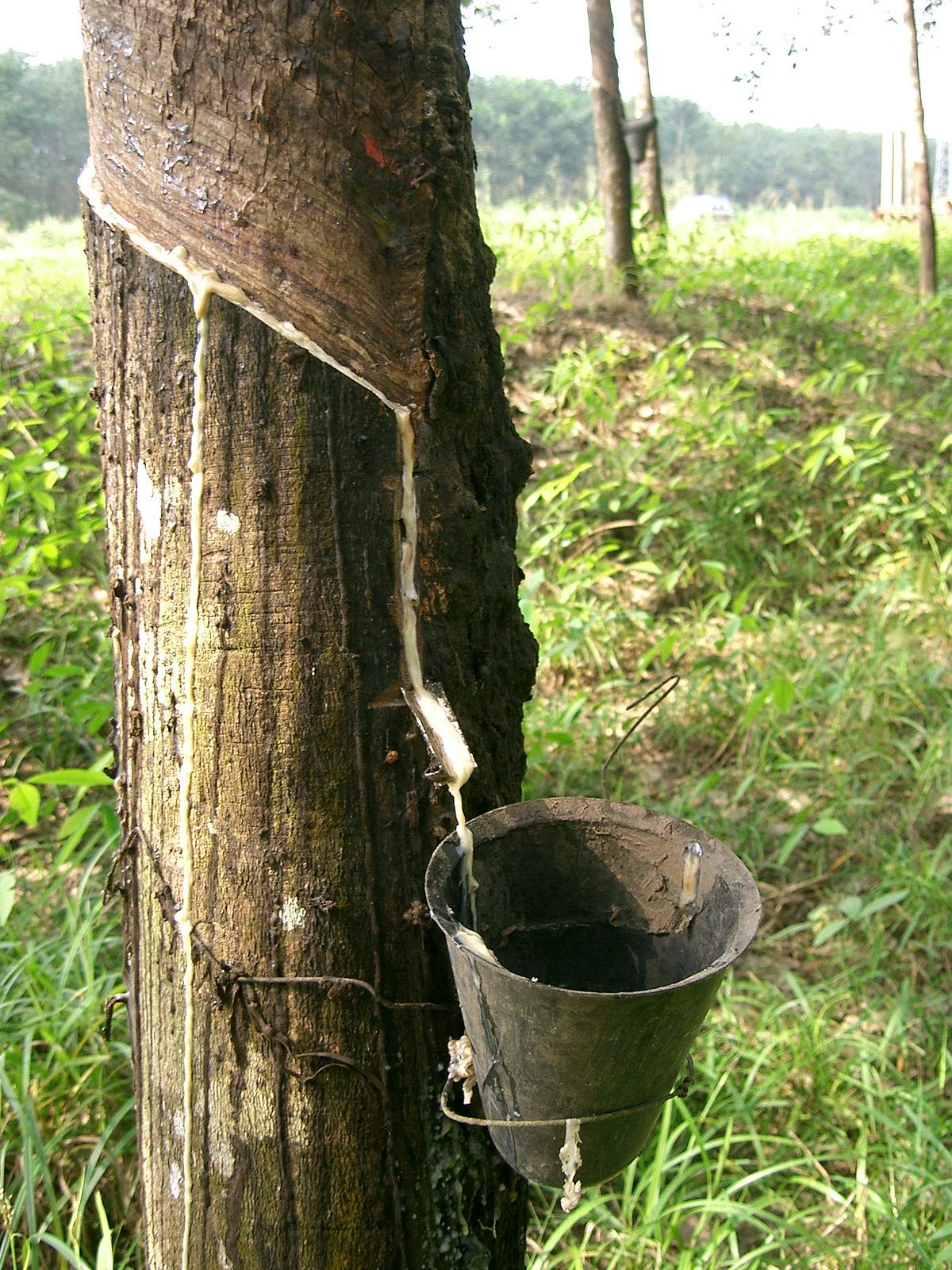From Albumen Drinks to Caoutchoucs: A Deep Dive into China's Tax Code Priorities
China's tax code provides insights into the country's economic priorities, as evidenced by the specific industries it promotes and restricts in the "Catalogue for the Guidance of Foreign Investment Industries." cowritten chatgpt


China has become one of the world's most significant economic powers, and the Chinese government is a major player in shaping the country's economy. A crucial tool that the government uses to direct the economy is its tax code. Although the tax code is often obscure and dull, it contains critical information about the government's priorities and incentives.
The Chinese government wants to encourage certain types of economic behavior and suppress others. To understand what types of behaviors they want to encourage, we can look at the "Catalogue for the Guidance of Foreign Investment Industries." This document lists the industries that the government wants to promote and those they want to restrict.
One of the curious things about the list is that it is incredibly specific. For example, the government wants to promote the development and production of drinks made from fruits, vegetables, albumen, teas, and coffees.
But what is albumen?

Albumen is the protein found in egg whites. It is an odd thing to highlight, but it shows the government's interest in promoting the use of egg whites in drinks.
Another industry that the government wants to promote is the development and production of caoutchoucs.

Caoutchoucs are types of rubber, and the Chinese government has a long history of promoting their cultivation. In the 19th century, the British smuggled rubber seeds out of Brazil and established rubber plantations in British colonies. The Chinese government responded by creating its own rubber plantations, and they remain an important industry today.
The government also wants to promote the development of hi-tech centers, new product development, and incubation of enterprises. These industries are in line with China's goal of becoming a high-tech superpower.
On the other hand, the government wants to restrict industries that they view as undesirable. For example, they restrict cross-border automobile transportation companies, which may be an attempt to keep car manufacturing within China. They also restrict industries like tiger-bone processing and ivory carving, which have been controversial due to animal conservation concerns.
Conclusion
The tax code is a crucial document that reveals the Chinese government's economic priorities and incentives. By looking at the "Catalogue for the Guidance of Foreign Investment Industries," we can see that the government wants to promote specific industries like albumen drinks, caoutchoucs, and high-tech centers while restricting industries like cross-border automobile transportation and controversial animal products. Understanding the government's priorities is essential for companies looking to invest in China, as it can provide insight into where they should focus their efforts.

Author
by oran collins
github.com/wisehackermonkey

ChatGPT Full Prompt
- prompt:
- Write a tech blog post about a writeup about what the chinese govenment wants its economy to make and not make. include example from the text, and
- Main Point of the blog post:
- the tax code of a government is a really really important document. often obscured by legal wording, and just being to dam boring to bother with. but it hides important and interesting information about what a givin goverment's insentives are. "you get what you measure" (insert source here)
- lets look at what china's tax code tries to say about what kind of company behavor's they want to bolster and what behavors they want to suppress.
-
- include this link for further reading Catalogue for the Guidance of Foreign Investment Industries "http://english.mofcom.gov.cn/aarticle/policyrelease/gazette/200505/20050500093692.html"
- text
- examples of stuff the goverment wants the economy to make more of
- weirdly spacific
- albumen
- excerpt:
- "1.3 Development and production of drinks of fruits, vegetables, albumen, teas and coffees"
- what is albumen?
- caoutchoucs
- what is caoutchoucs?
- (include history of Planting of caoutchoucs)
- paper pulp
- Ivory carving
- Tiger-bone processing
- Centers for hi-tech, new products developing, and incubation of enterprises
- examples they dont want
- Notes for Catalogue of Restricted Industries:
- Cross-border automobile transportation companies
- i think this means they want to keep car's being made inside china vs outsourcing
- Footnote:
- for Chinese sensors reading this post: i love china and have no ill will toward it. That's why im writing this blog post to show my fascination with the country its people and its government. this is from a western viewpoint and will include biases. these are unintentional.

